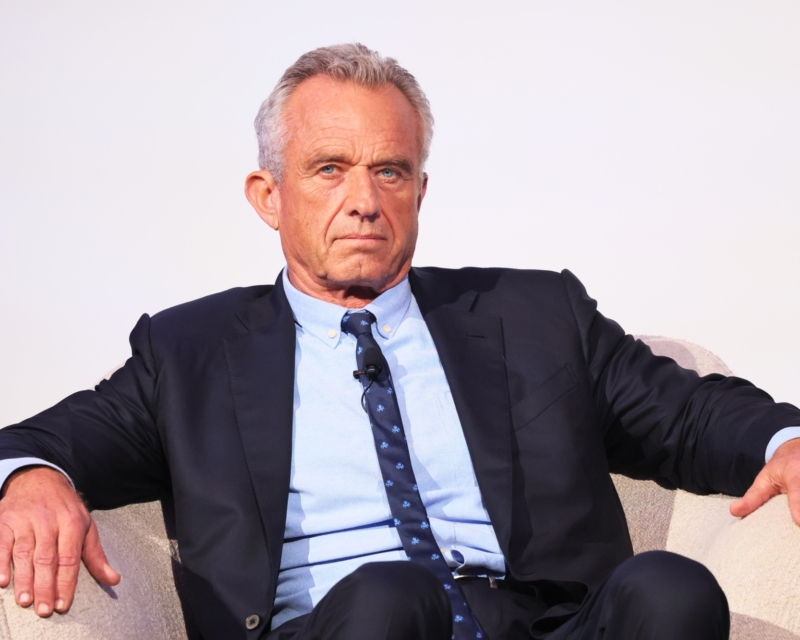Robert F. Kennedy Jr. Lawsuit Against Meta and the “Vaccine Censorship”
In a legal battle that some might call a predictable outcome, Robert F. Kennedy Jr. has lost his lawsuit against Meta for moderating vaccine-related content on its platform. Kennedy, known for his controversial stance on vaccines, filed the lawsuit claiming that Meta’s moderation policies violated his First Amendment rights. However, the court’s ruling made it clear that the First Amendment protects against government-imposed restrictions on free speech, not the content moderation decisions made by private companies.
The case, initially dismissed by the trial court, was recently affirmed on appeal. Circuit Judge Eric Miller, appointed by former President Donald Trump, authored the opinion for the appeals court, reiterating that Meta, as a private entity, has the right to decide what content it allows on its platform. Miller emphasized that the First Amendment protects Meta’s right not to publish content it deems harmful or distasteful, even if the company has discussions with the government about its policies.
Kennedy, who has been a vocal critic of vaccines and public health measures, argued that Meta’s moderation practices amounted to censorship and a violation of his free speech rights. He claimed that by moderating vaccine information, Meta was effectively silencing him and others who shared his views. However, the court found that Meta’s actions were within its legal rights as a private company.
The ruling underscores the distinction between government censorship and the content moderation policies of private companies. While individuals are free to express their opinions, private platforms like Meta are not obligated to provide a stage for those views, especially when they conflict with the platform’s guidelines or policies.
Kennedy’s defeat in court is a reminder that private companies have the freedom to establish and enforce their own content standards. As the debate over the role of social media in public discourse continues, this ruling reaffirms that the First Amendment protects against government interference in free speech, not the decisions made by private companies regarding the content they choose to host.






